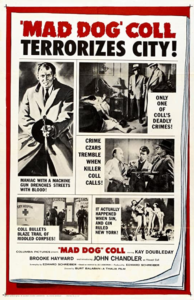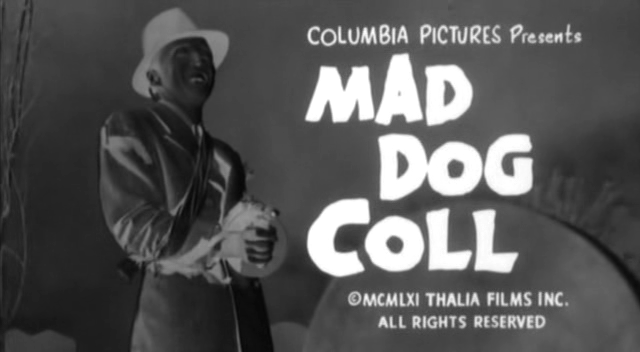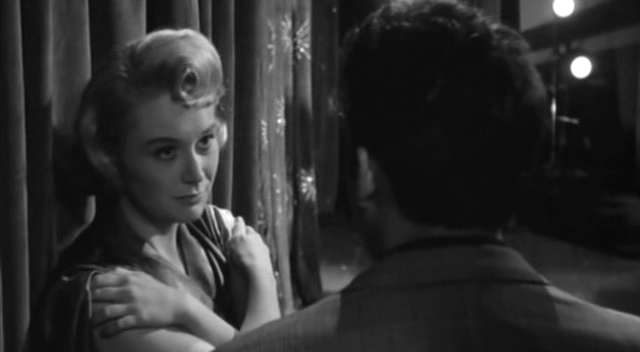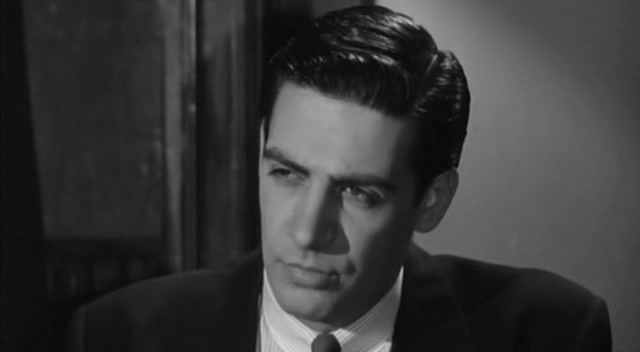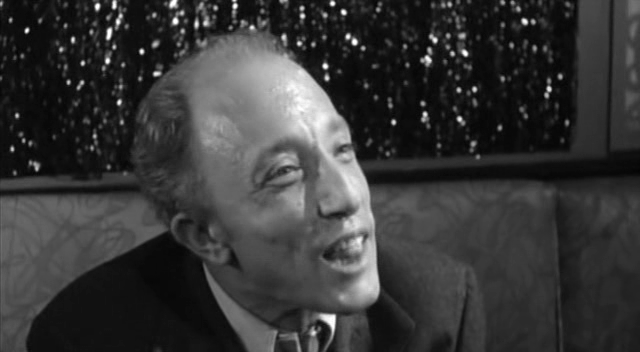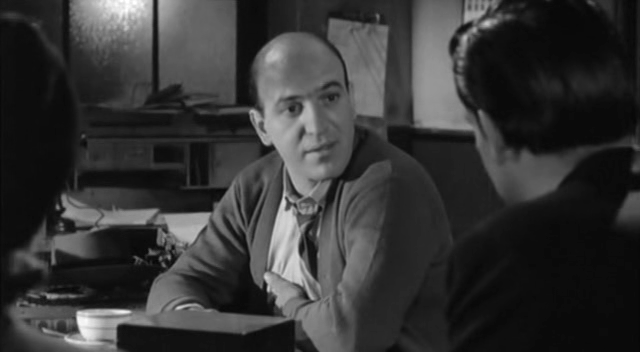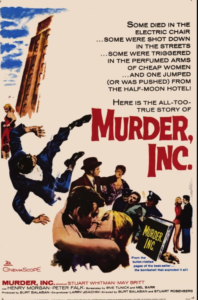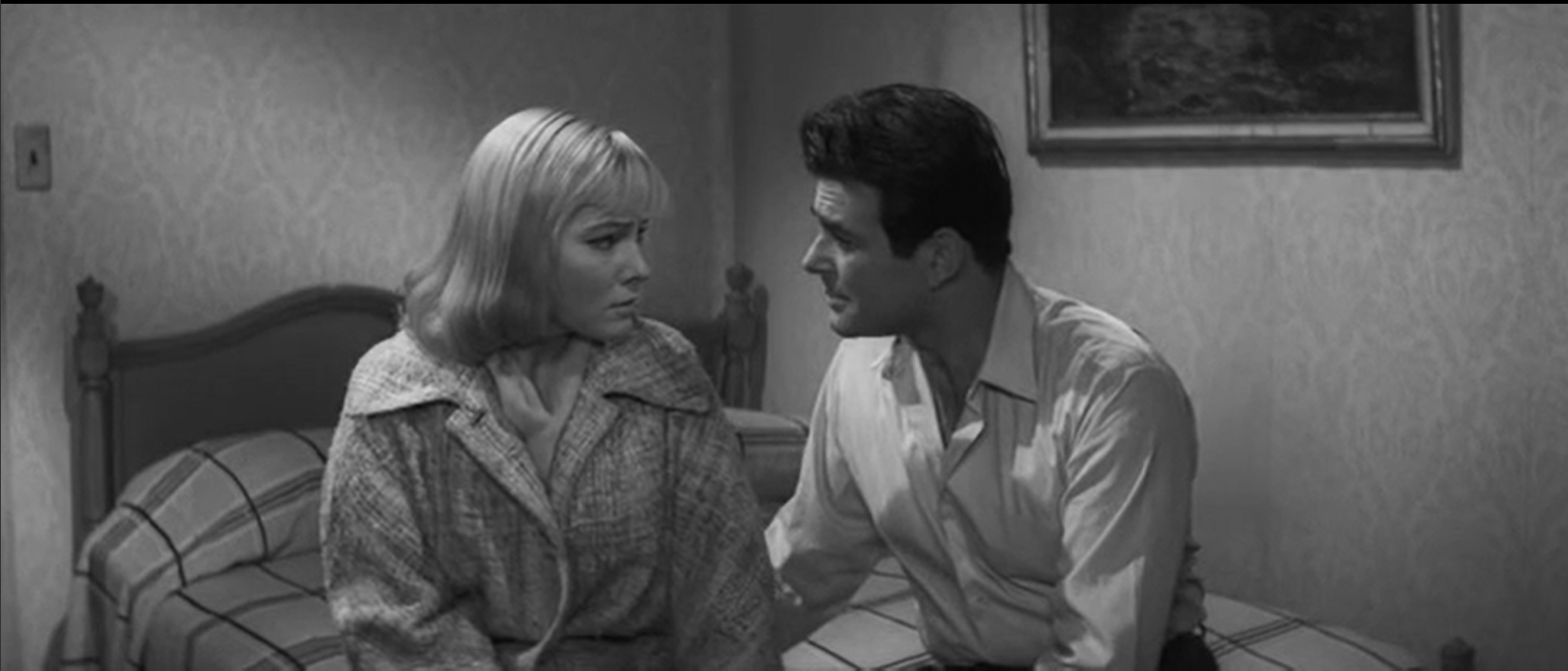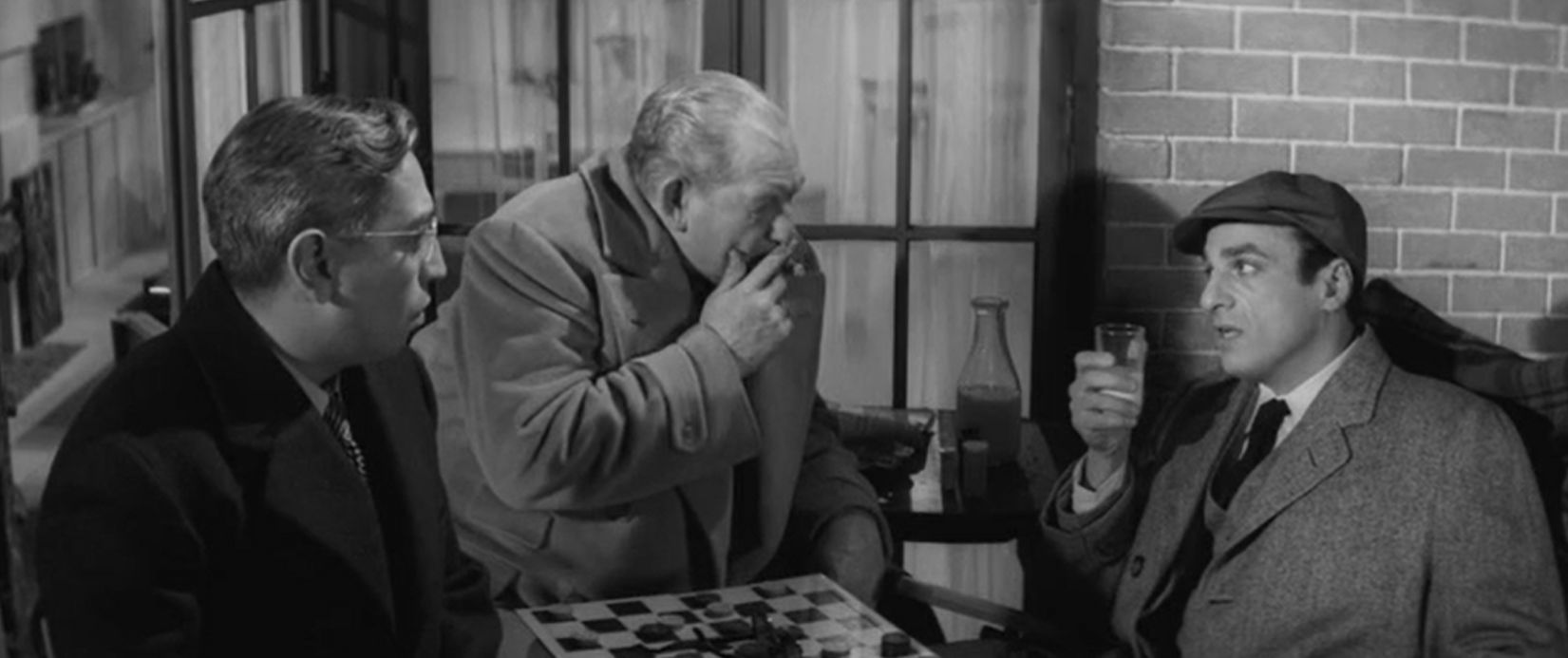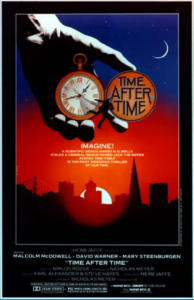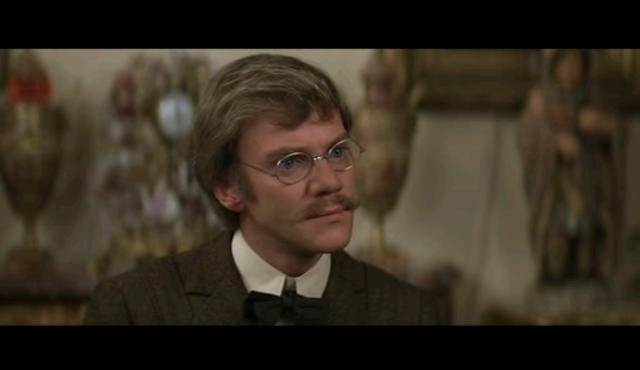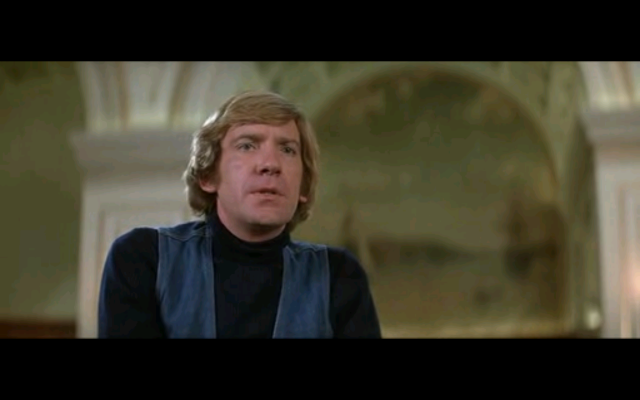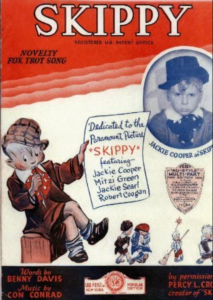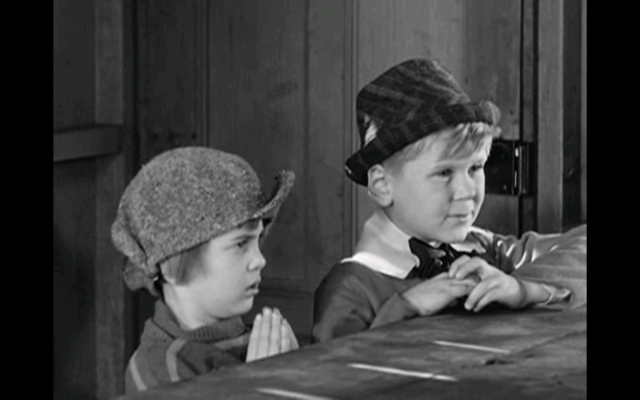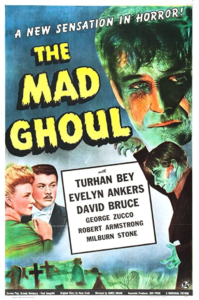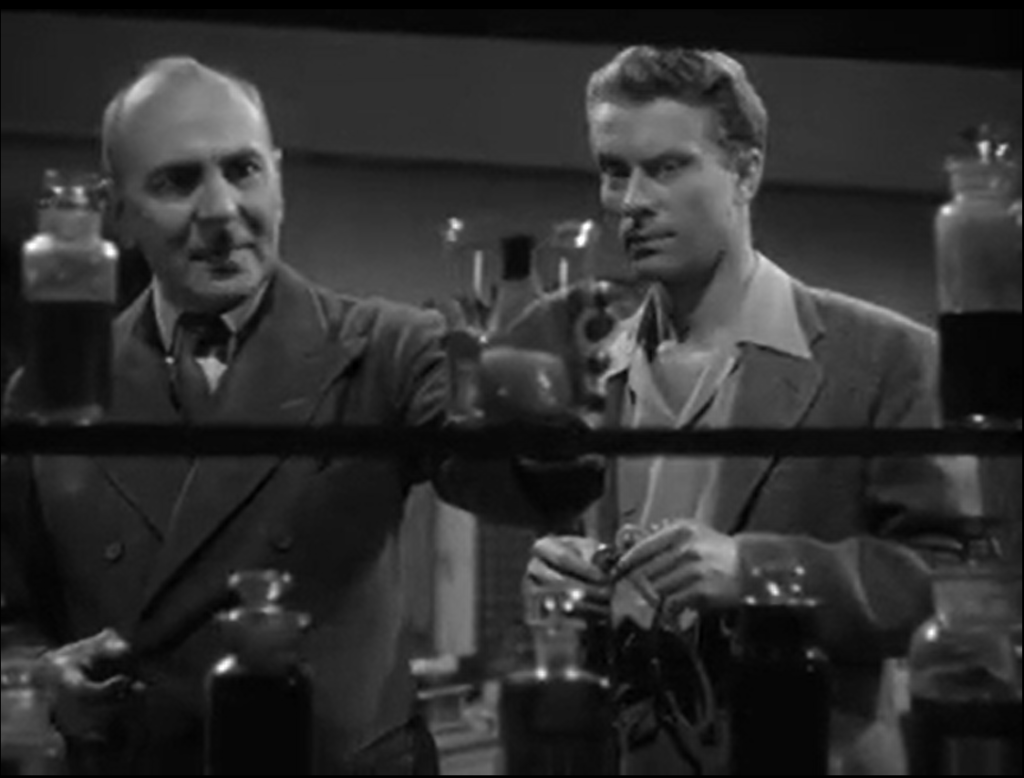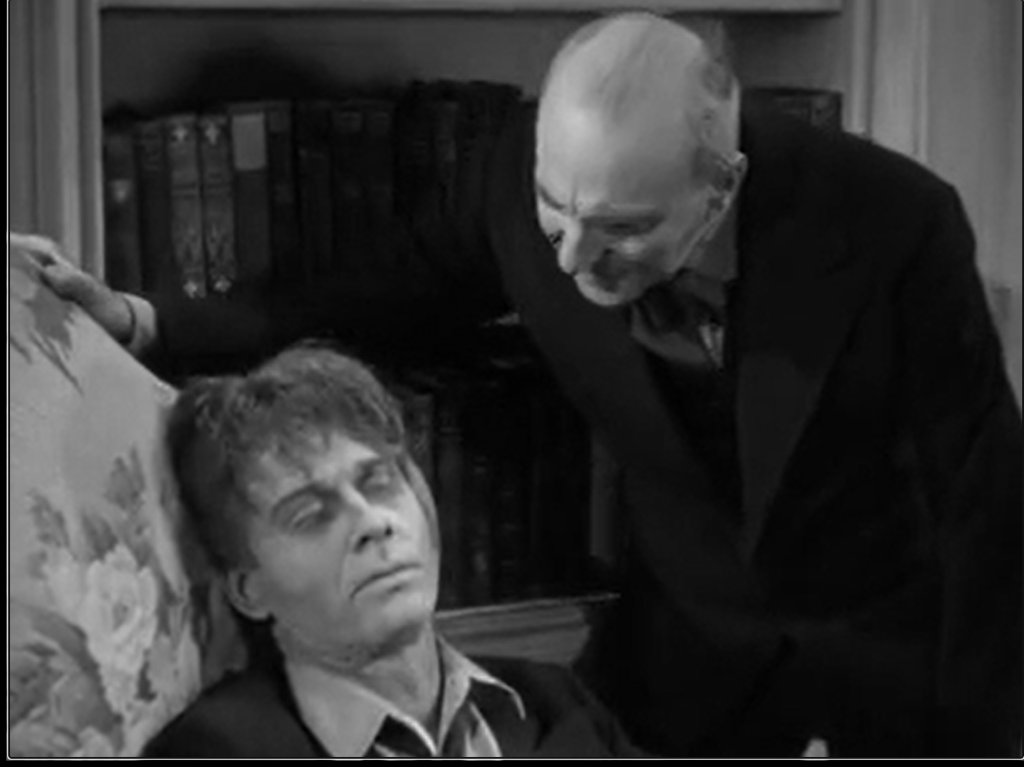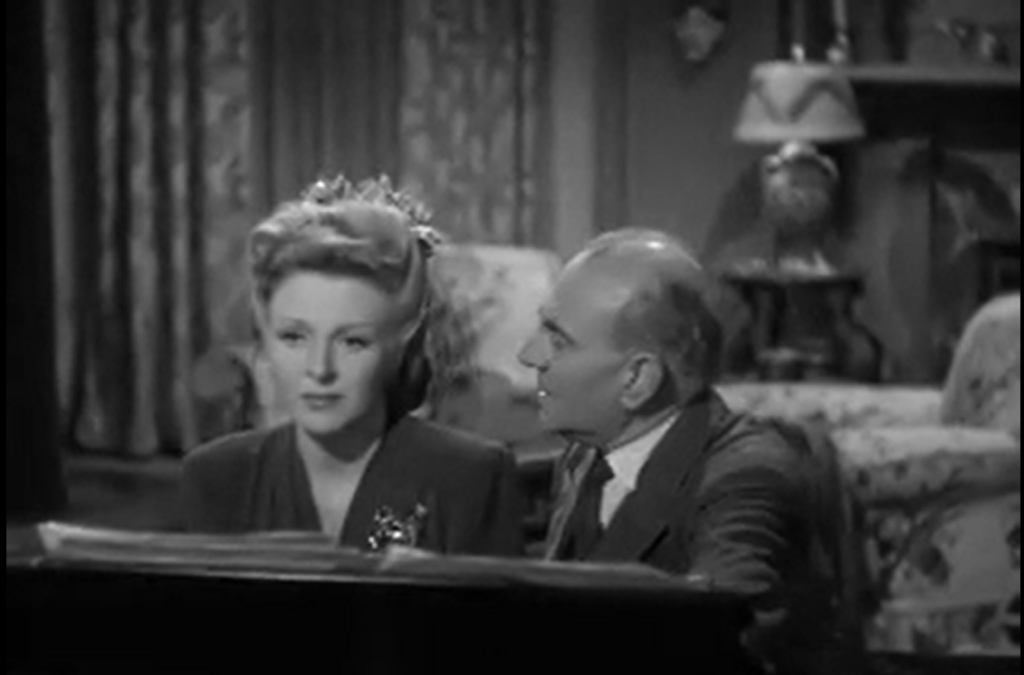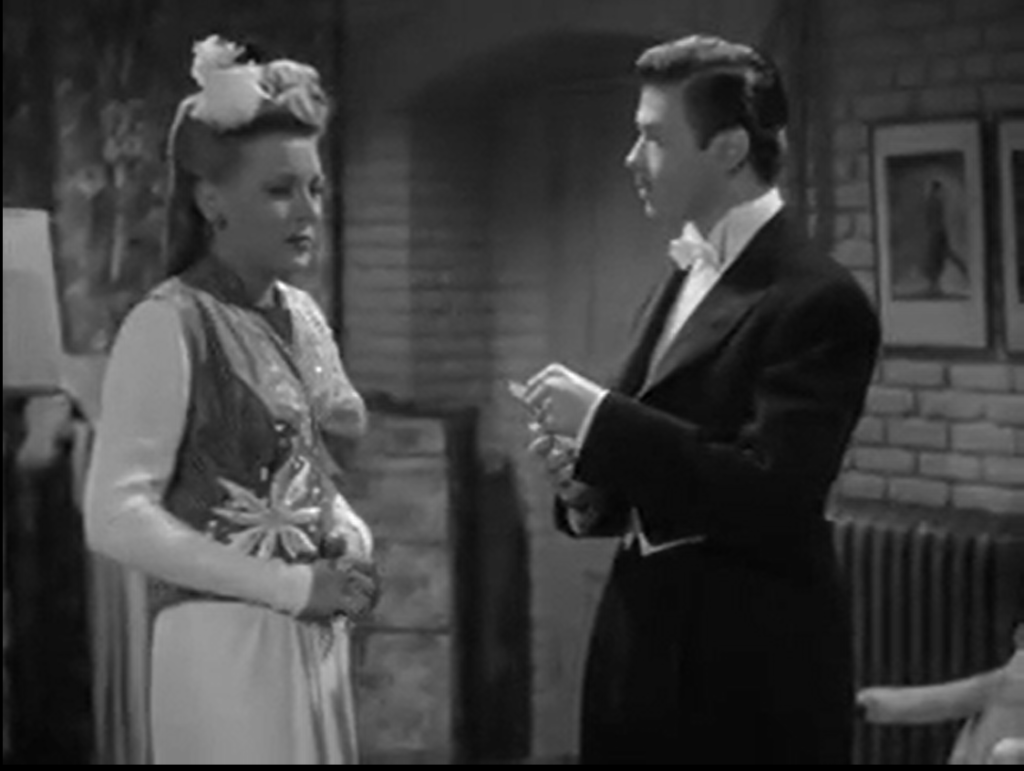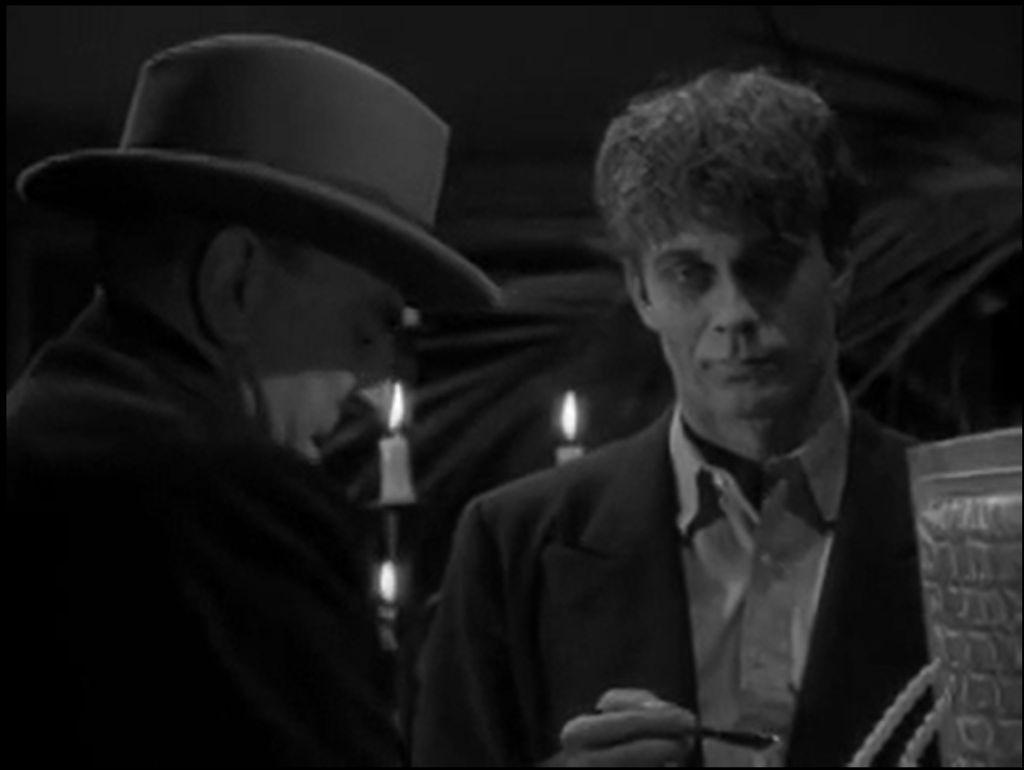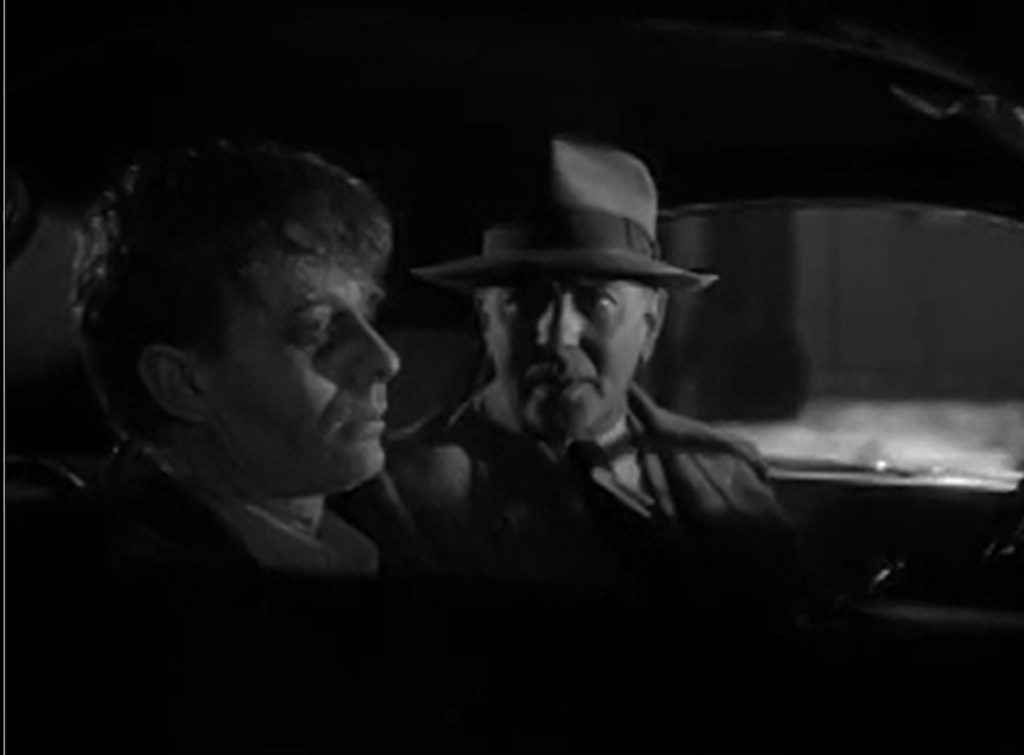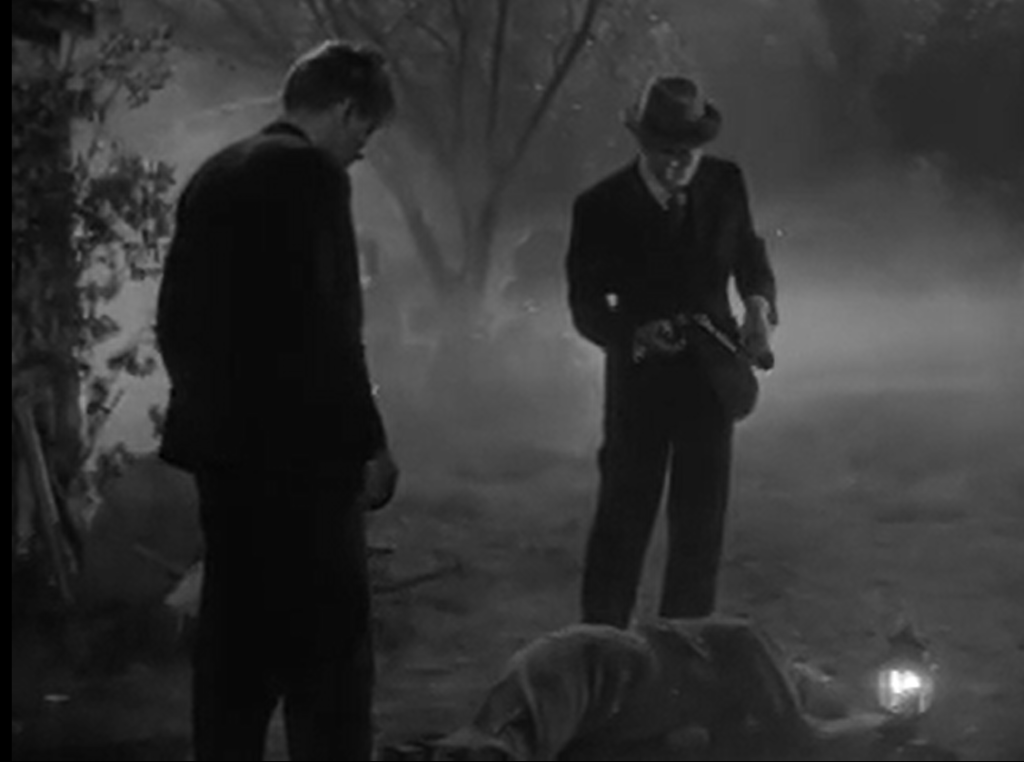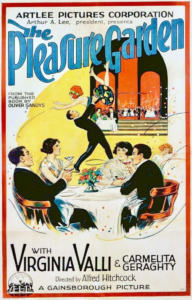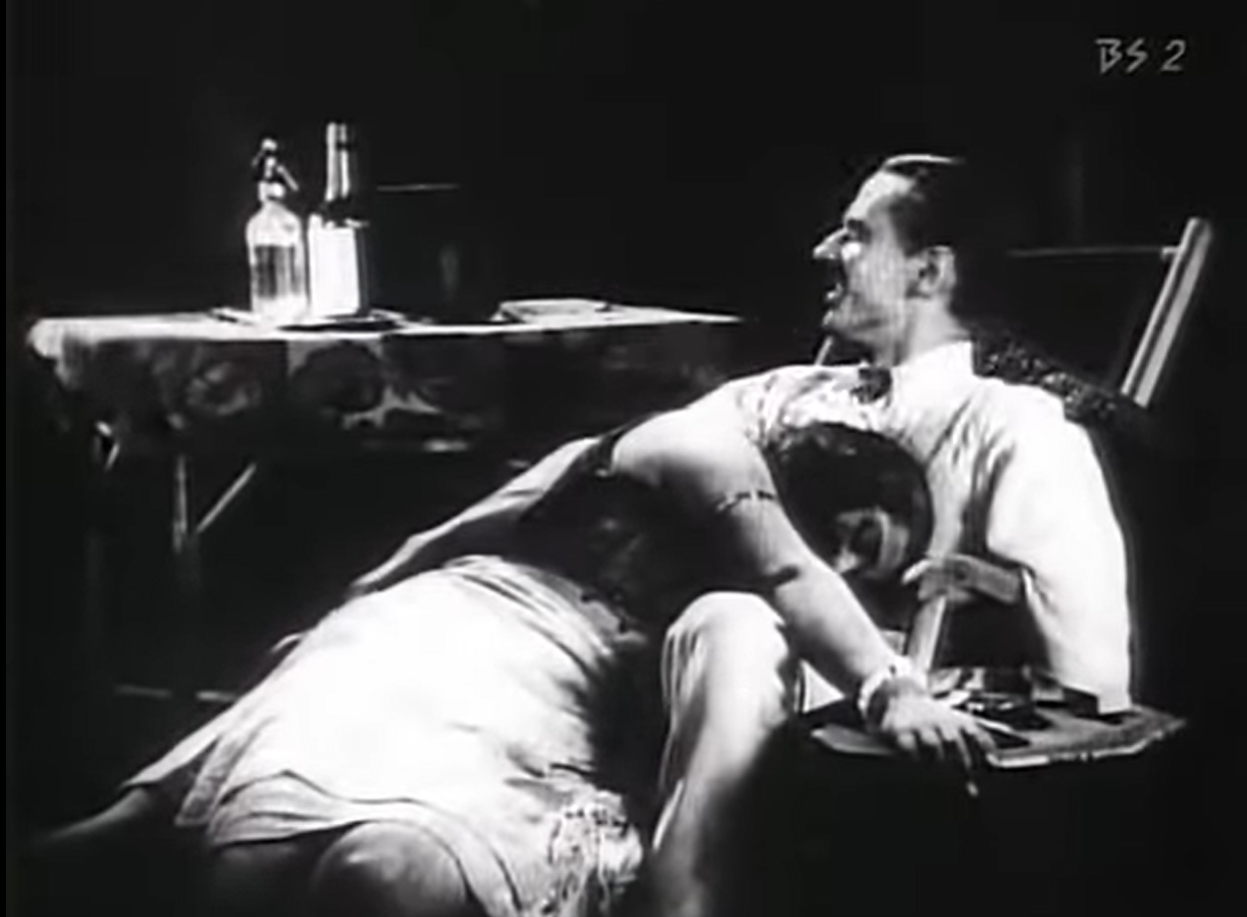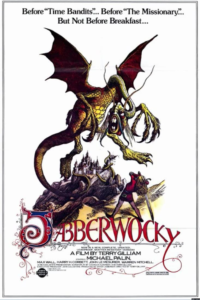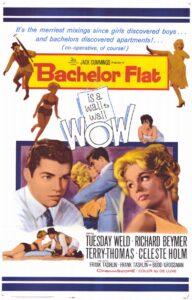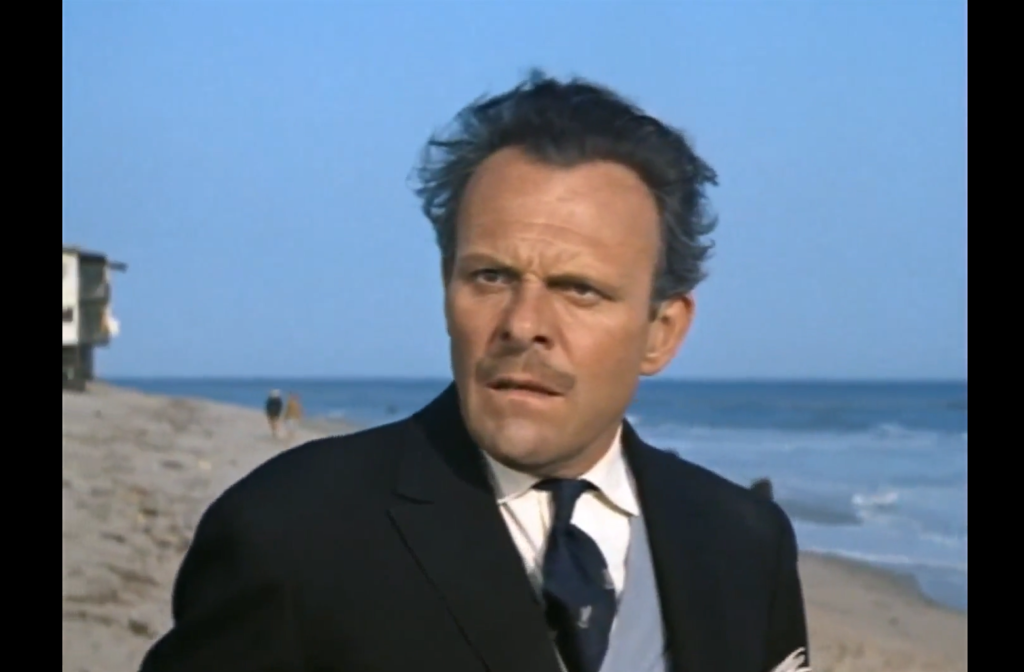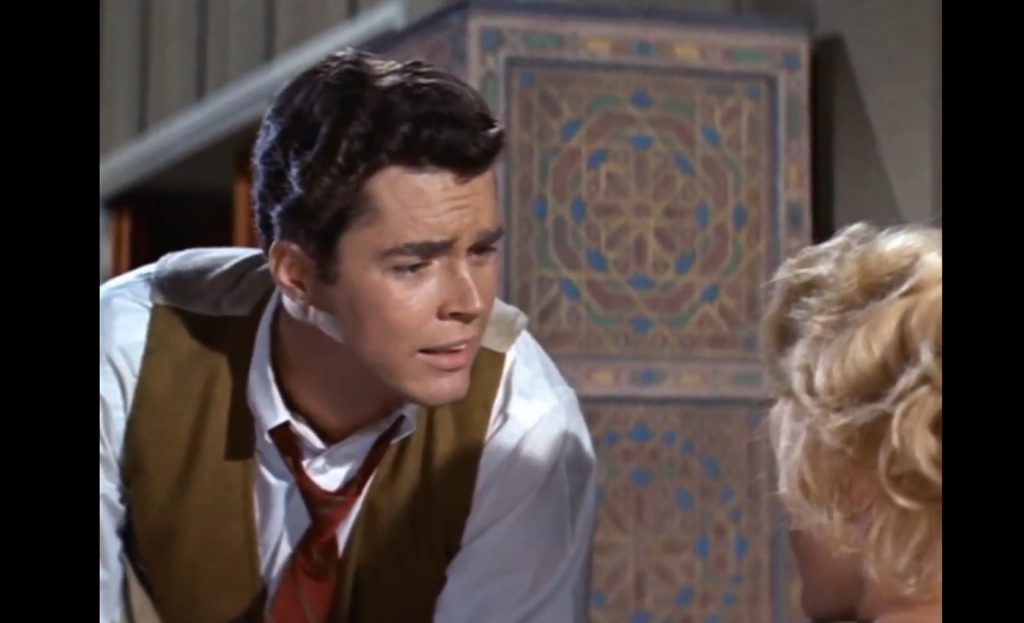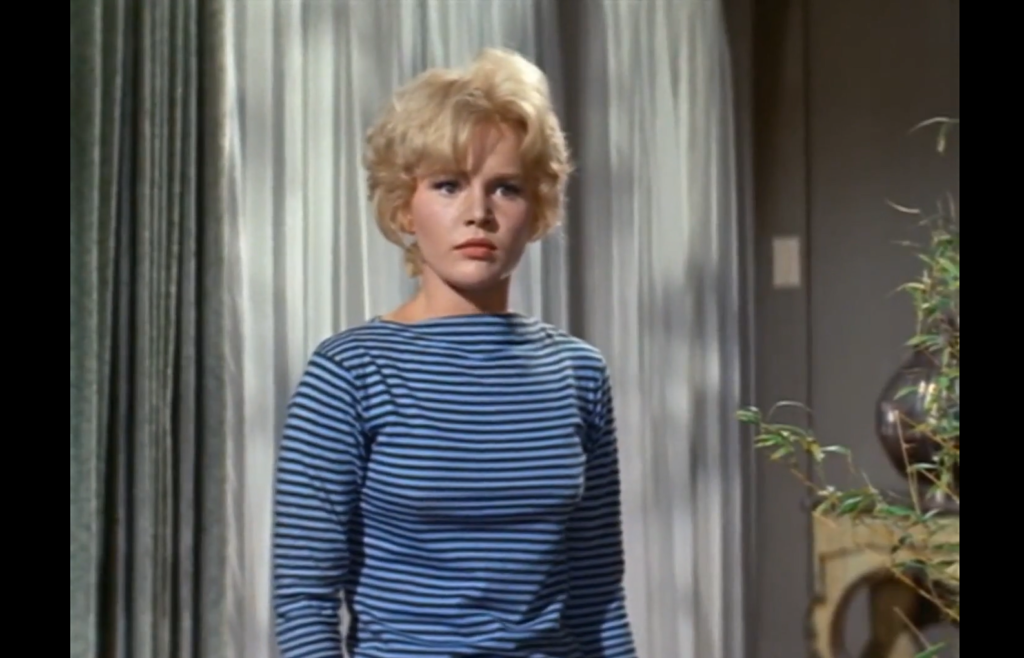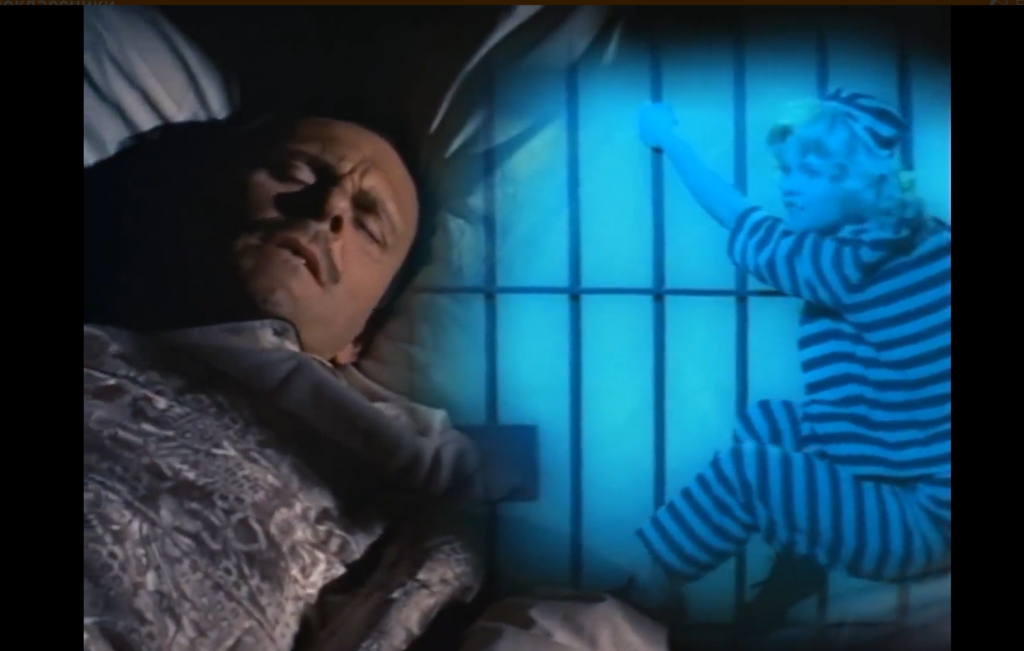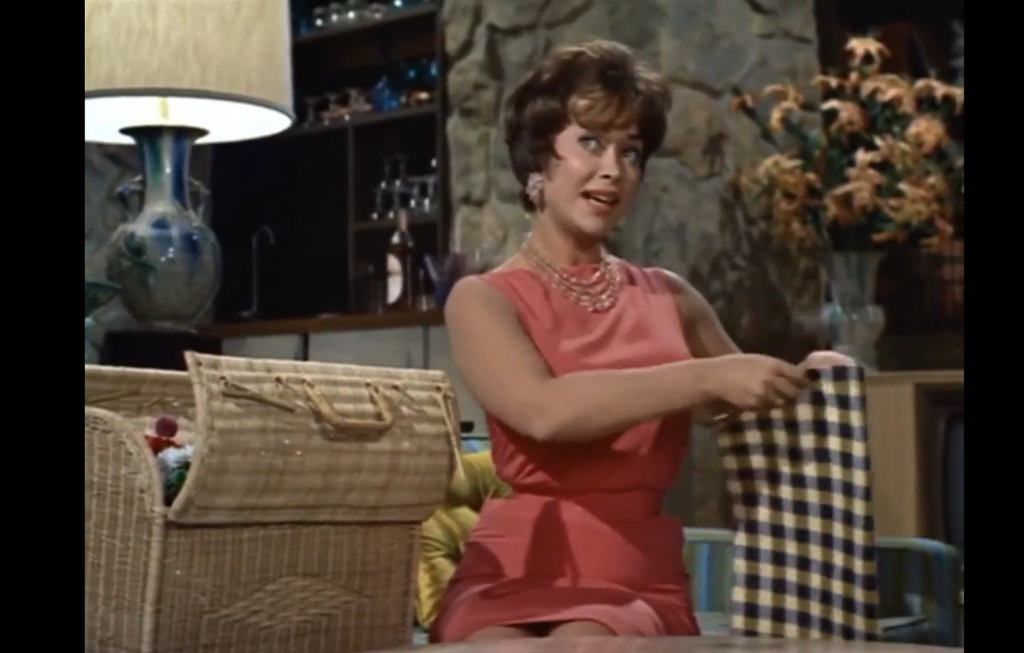|
Genres, Themes, Actors, and Directors:
Review:
Terry Gilliam’s first post-Python directorial feature is a creatively conceived but ultimately enigmatic and muddled disappointment. Ostensibly based upon Lewis Carroll’s infamous nonsense poem “Jabberwocky”, the titular creature of fantasy — with “jaws that bite” and “claws that catch” — only makes a few cameo appearances throughout the film: s/he’s in partial view during the gruesome opening sequence and a later brief attack scene, and then shows up in disappointing full form during the climactic denouement:

The rest of the movie is an almost unbearably muck-filled journey into what Gilliam clearly posits as the *real* Middle Ages, when Britain’s citizens lived a miserable life of dung and filth:
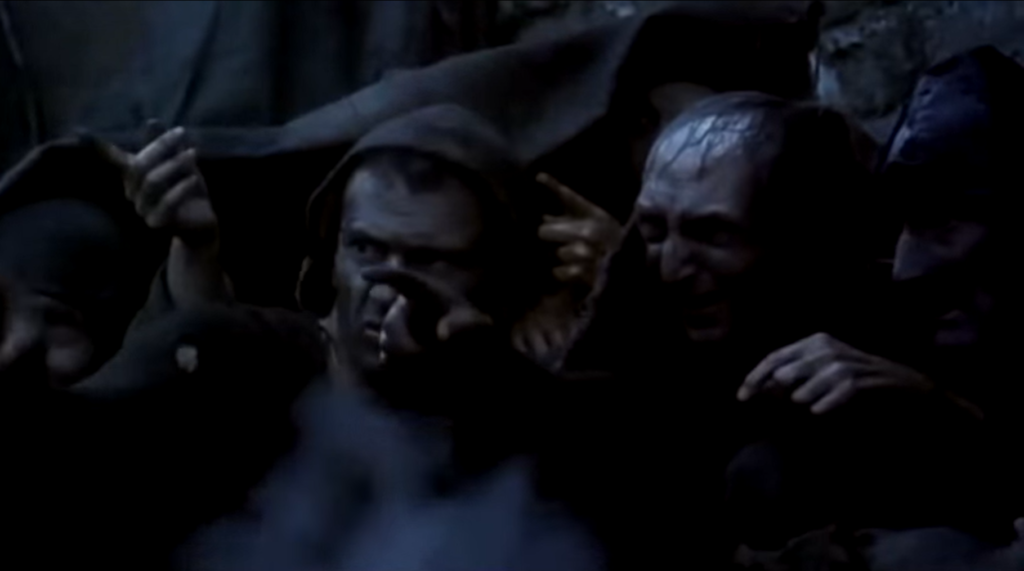
Only those “lucky” enough to see the world through rose-colored glasses, like Michael Palin’s clueless young cooper:
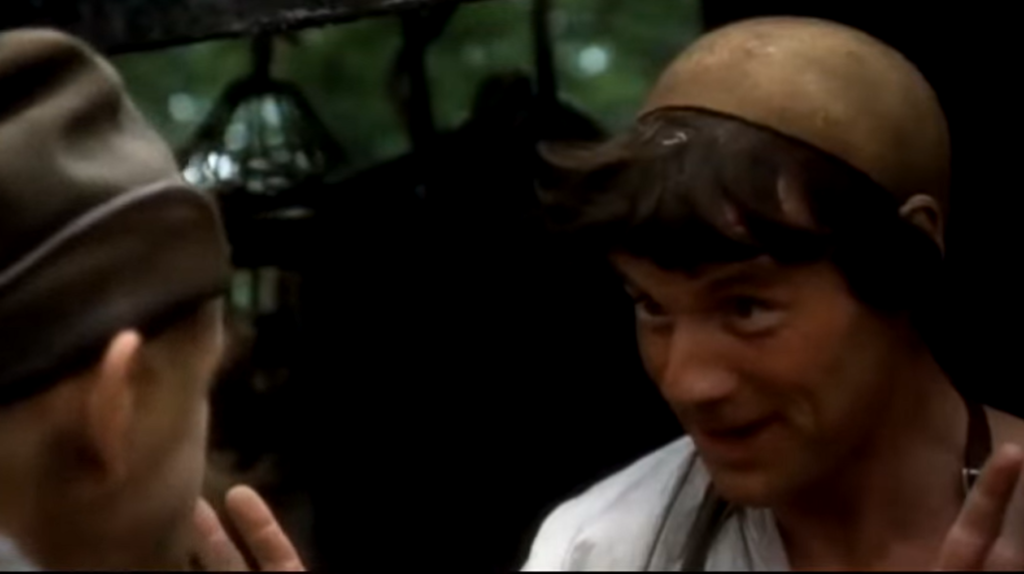
who is desperately in love with the spoiled, sullen, obese daughter (Annette Badland) of a fishmonger (Warren Mitchell):
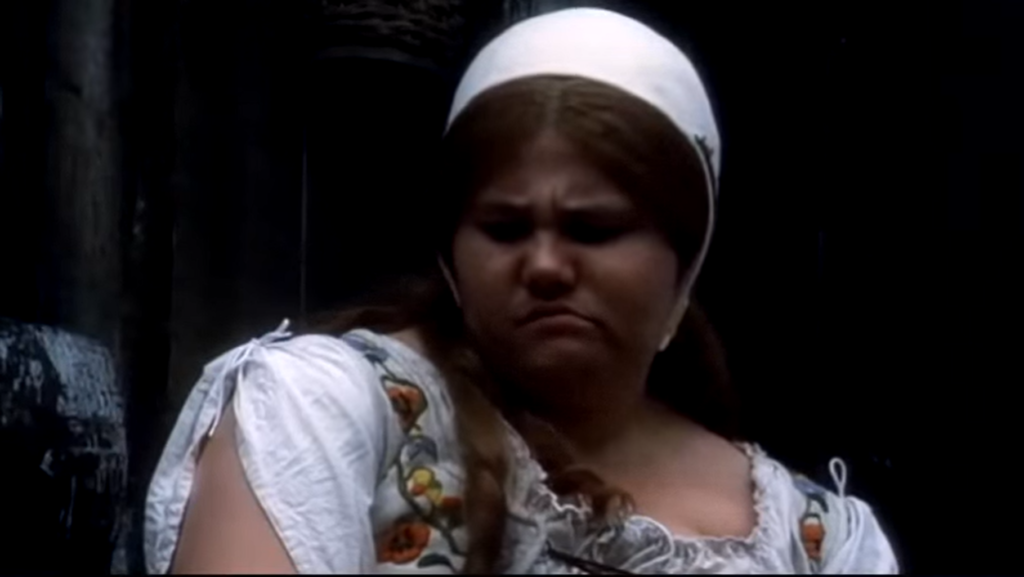
are able to make their way through the perils of daily life with enough nervy stupidity to survive, simply through dumb luck. Meanwhile, there’s precious little humor to be had throughout the movie, leaving one to wonder what the point of it all really is. Perhaps most frustrating is that Palin’s protagonist is an utterly hapless and accidental “hero”, never really demonstrating growth in either intelligence or bravery; his final fate is thus both undeserved and under-appreciated.
Redeeming Qualities and Moments:
- Impressively atmospheric cinematography and sets
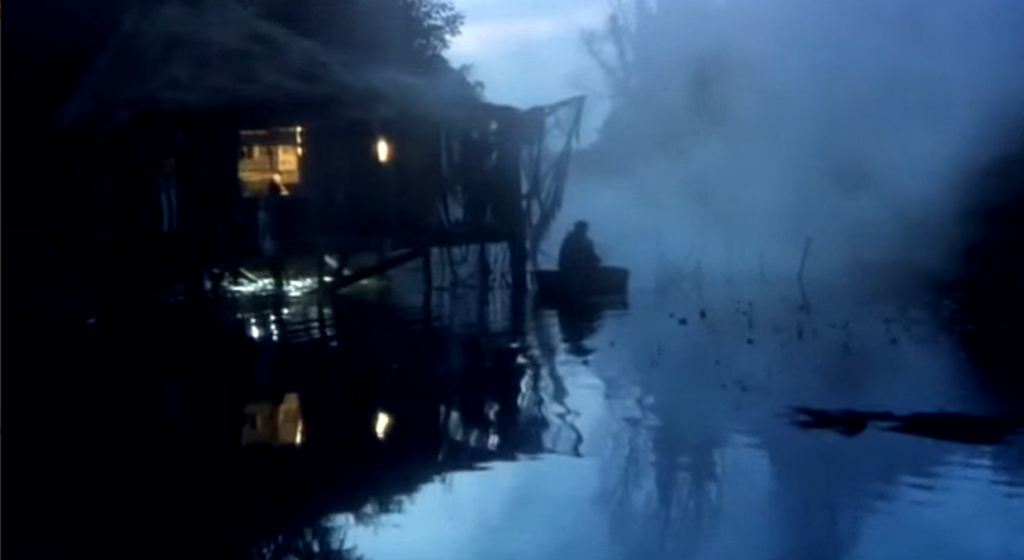
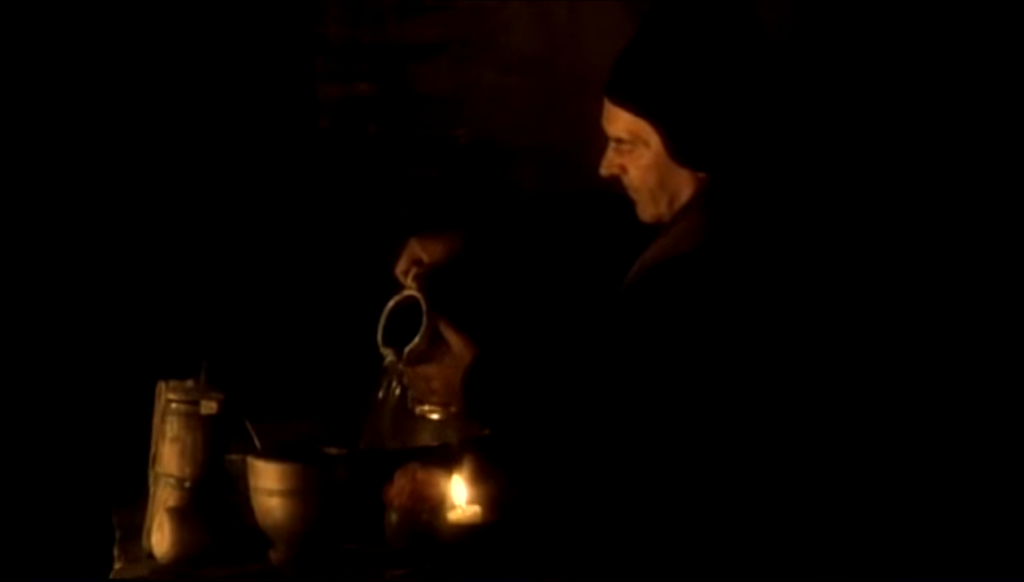
Must See?
No; feel free to skip this one unless you’re a diehard Terry Gilliam fan.
Links:
|
